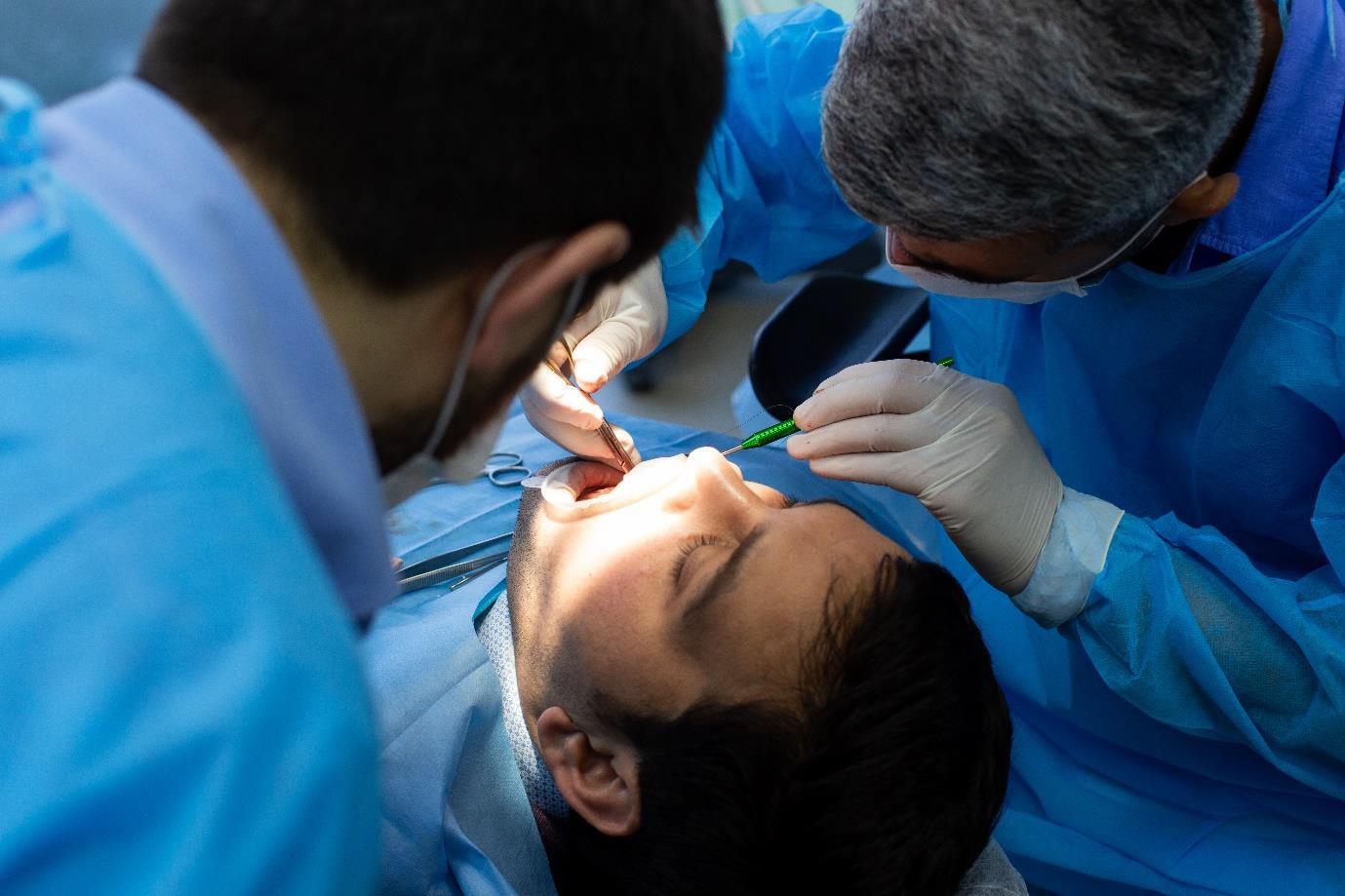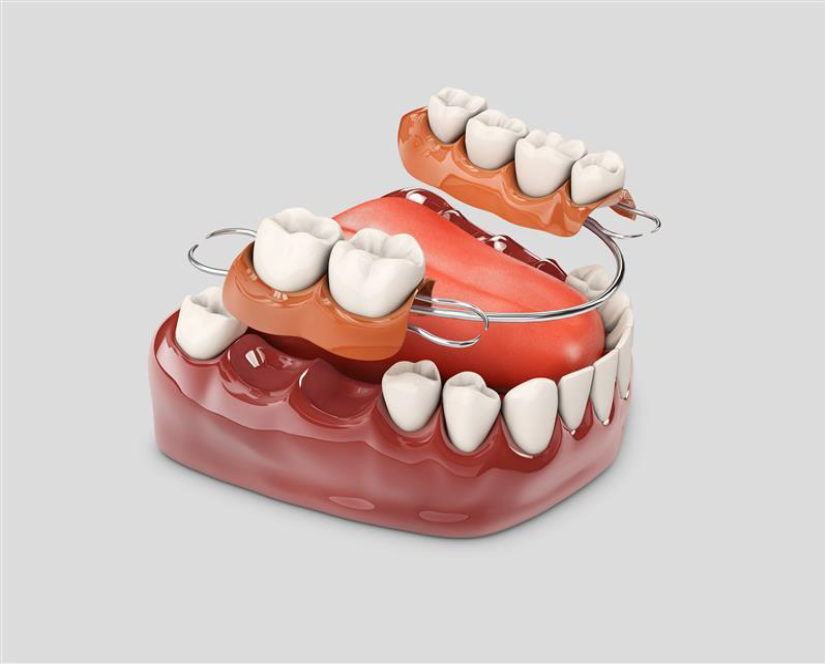Tooth sensitivity can be a bothersome condition that causes discomfort or pain when certain stimuli, like hot or cold temperatures, sweet foods, or brushing, come into contact with the teeth. This sensitivity can range from mild discomfort to intense, sharp pain, significantly impacting daily life.
The primary cause of tooth sensitivity is the exposure of the dentin, a layer beneath the enamel that contains microscopic tubules connecting to the tooth’s nerve endings. Factors such as tooth decay, gum recession, teeth grinding, overbrushing, dental procedures, and cracked teeth can lead to the exposure of these tubules, resulting in sensitivity.
Effectively managing tooth sensitivity involves addressing the underlying causes and adopting proper oral hygiene practices. Here are some helpful tips to manage tooth sensitivity:
- Opt for a soft-bristled toothbrush: Brush gently using a soft-bristled toothbrush to prevent further enamel erosion.
- Choose desensitizing toothpaste: Use toothpaste specially formulated for sensitive teeth, which contains ingredients that block nerve transmission and reduce sensitivity.
- Limit acidic foods and beverages: Minimize consumption of acidic foods like citrus fruits, sodas, and sports drinks, as they can erode the enamel and exacerbate sensitivity.
- Maintain good oral hygiene: Brush your teeth twice a day with fluoride toothpaste and floss daily to maintain optimal oral health.
- Consider a mouthguard: If you suffer from teeth grinding, wearing a mouthguard at night can protect your teeth and alleviate sensitivity.
- Schedule regular dental check-ups: Visit your dentist for routine and professional cleanings, enabling them to identify and address any underlying dental issues contributing to sensitivity.
Depending on the severity, your dentist may recommend additional treatments such as dental sealants, fluoride varnishes, or in-office desensitizing treatments. In rare cases, procedures like root canal therapy or gum grafting might be necessary.
Remember, if you experience tooth sensitivity, it’s crucial to consult with a dental professional who can evaluate your specific situation and provide personalized advice and treatment options. Taking prompt action to address tooth sensitivity will improve your oral health and overall well-being.
url




















